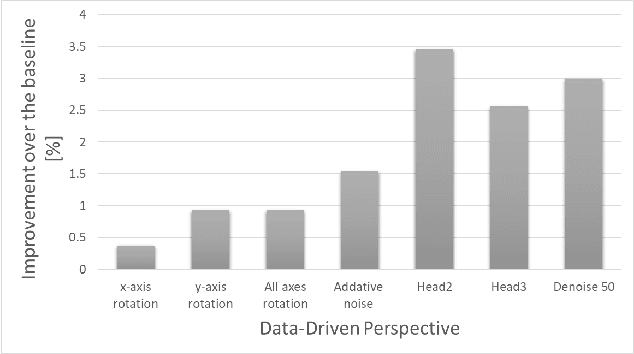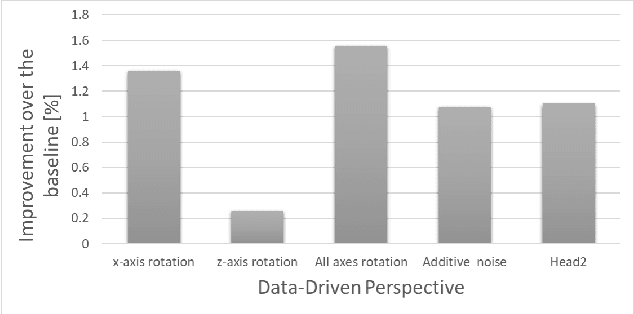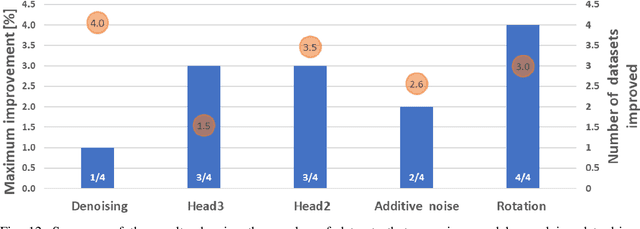Victoria Khalfin Fekson
On Neural Inertial Classification Networks for Pedestrian Activity Recognition
Feb 23, 2025



Abstract:Inertial sensors are crucial for recognizing pedestrian activity. Recent advances in deep learning have greatly improved inertial sensing performance and robustness. Different domains and platforms use deep-learning techniques to enhance network performance, but there is no common benchmark. The latter is crucial for fair comparison and evaluation within a standardized framework. The aim of this paper is to fill this gap by defining and analyzing ten data-driven techniques for improving neural inertial classification networks. In order to accomplish this, we focused on three aspects of neural networks: network architecture, data augmentation, and data preprocessing. The experiments were conducted across four datasets collected from 78 participants. In total, over 936 minutes of inertial data sampled between 50-200Hz were analyzed. Data augmentation through rotation and multi-head architecture consistently yields the most significant improvements. Additionally, this study outlines benchmarking strategies for enhancing neural inertial classification networks.
Enhancement of Neural Inertial Regression Networks: A Data-Driven Perspective
Jan 02, 2025



Abstract:Inertial sensors are integral components in numerous applications, powering crucial features in robotics and our daily lives. In recent years, deep learning has significantly advanced inertial sensing performance and robustness. Deep-learning techniques are used in different domains and platforms to enhance network performance, but no common benchmark is available. The latter is critical for fair comparison and evaluation in a standardized framework as well as development in the field. To fill this gap, we define and thoroughly analyze 13 data-driven techniques for improving neural inertial regression networks. A focus is placed on three aspects of neural networks: network architecture, data augmentation, and data preprocessing. Extensive experiments were made across six diverse datasets that were collected from various platforms including quadrotors, doors, pedestrians, and mobile robots. In total, over 1079 minutes of inertial data sampled between 120-200Hz were analyzed. Our results demonstrate that data augmentation through rotation and noise addition consistently yields the most significant improvements. Moreover, this study outlines benchmarking strategies for enhancing neural inertial regression networks.
 Add to Chrome
Add to Chrome Add to Firefox
Add to Firefox Add to Edge
Add to Edge